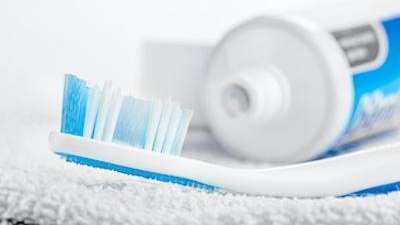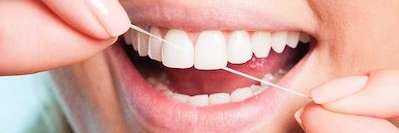
At Charlestown Dental Care, our dedicated team understands oral health's impact on one's overall well-being. Here's what you need to know about the link between your oral health and the rest of your body.
What Exactly Is the Mouth-Body Connection?
Your mouth is a gateway to the rest of your body, making oral health more significant than many might realise. Poor oral hygiene can lead to dental issues like gum disease and tooth decay, which don't just stay in your mouth. These conditions can contribute to more severe health problems, including heart disease, diabetes, and respiratory infections.
The Connection between Gum Disease and Systemic Health
Gum or periodontal disease is mainly linked to various systemic diseases. Research shows that inflammation caused by periodontal disease can play a role in cardiovascular conditions. At our Charlestown dental clinic, we provide comprehensive care that focuses on treating gum disease and educating patients about the importance of oral hygiene.
Our Patient-Centric Approach to Dentistry
We take a comprehensive approach to dental care, considering the patient's overall and oral health. We believe that treating the mouth should be part of a patient's entire body health strategy, and we often collaborate with other healthcare professionals to ensure dental treatments support the patient's overall well-being.
Preventive Dentistry at Charlestown Dental Care
Preventive care is essential in keeping both your mouth and body healthy. Regular check-ups allow your Charlestown dentist to detect early signs of problematic conditions before they become more serious. At Charlestown Dental Care, we recommend routine cleans, proper home care, and regular dental check-ups as foundational practices to support your overall health.
How Oral Health Can Impact Mental Well-Being
Moreover, your oral health can also affect your mental well-being. Issues like bad breath or visible decay can diminish confidence and increase stress and anxiety. Maintaining a healthy and aesthetically pleasing smile can boost their self-esteem and improve their quality of life.
Ready to Visit Our Charlestown Dental Clinic?
We invite you to visit our Charlestown dental clinic, where our team proudly serves the City of Lake Macquarie with exceptional dental care that supports your oral health. Call us at (02) 4942 1633 to schedule your appointment with a dentist in the City of Lake Macquarie today.

